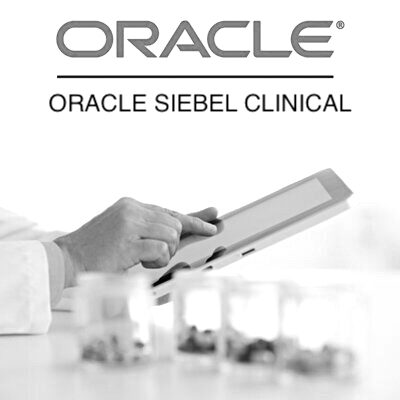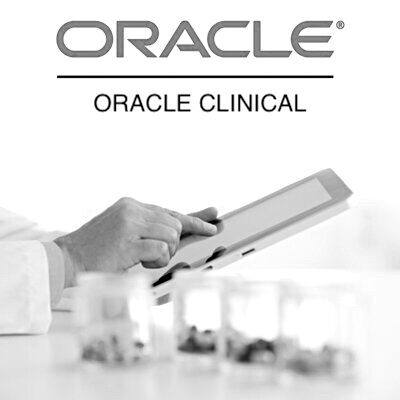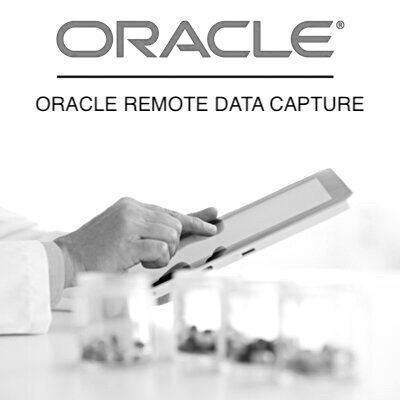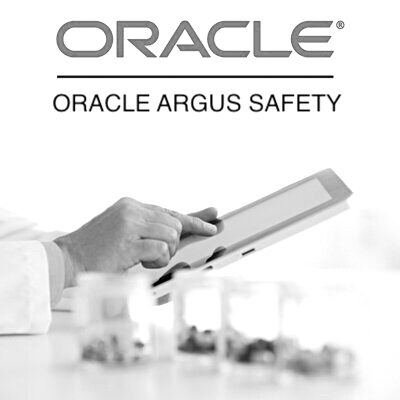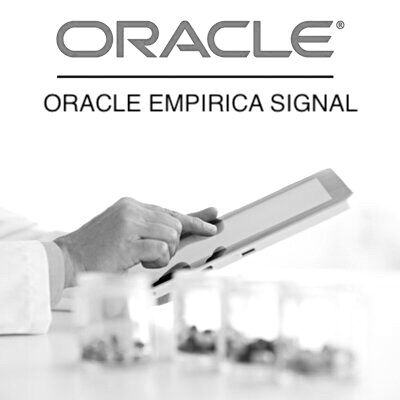Table of Contents
- Leveraging Software Expertise for Clinical Research Careers
- Introduction
- Optimizing Data Management
- Facilitating Data Analysis
- Ensuring Regulatory Compliance
- Fostering Remote Collaboration
- Driving Innovation and Adaptability
- Conclusion
- Oracle Siebel Clinical – Software
- Oracle Clinical – Software
- Oracle RDC Onsite – Software
- Oracle Argus Safety – Software
- Oracle Empirica Signal – Software
Leveraging Software Expertise for Clinical Research Careers
Introduction
The intersection of software expertise and clinical research has transformed the landscape of medical innovation. In an era defined by digital transformation, professionals with a strong command of Software Expertise for Clinical Research Careers is becoming more and more important. From streamlining data management to enhancing collaboration and driving innovation, software knowledge plays a pivotal role in advancing careers and shaping the future of healthcare. In this blog, we’ll explore how proficiency in software equips individuals with the tools and skills needed to thrive in various aspects of clinical research.
Optimizing Data Management
At the heart of every clinical trial lies a vast trove of data, ranging from patient demographics to treatment outcomes. Effectively managing this data is crucial for ensuring accuracy, compliance, and ultimately, the success of the study. Software tools such as Electronic Data Capture (EDC) systems such as Oracle RDC , Clinical Data Management Systems such as Oracle Clinical , Clinical Trial Management Systems (CTMS) such as Oracle Siebel Clinical and Drug Safety Systems such as Oracle Argus Safety provide researchers with the means to collect, store, and analyze data in a secure and organized manner. Professionals with expertise in these tools can streamline data entry, automate workflows, and generate real-time reports, thereby improving efficiency and reducing errors throughout the research process.
Facilitating Data Analysis
In the realm of clinical research, data analysis is paramount for extracting meaningful insights and driving evidence-based decision-making. Software packages like Oracle Empirica Signal, SAS, R, and SPSS offer powerful analytical capabilities, enabling researchers to uncover trends, correlations, and associations within large datasets. Proficiency in statistical software empowers individuals to perform complex analyses, such as regression modeling and survival analysis, thereby elucidating the efficacy and safety of investigational treatments. Moreover, data visualization tools like Tableau and Power BI enable researchers to communicate their findings effectively, fostering collaboration and facilitating knowledge dissemination across multidisciplinary teams.
Ensuring Regulatory Compliance
Compliance with regulatory standards is essential for maintaining the integrity and ethical conduct of clinical trials. Software platforms designed for regulatory compliance, such as Electronic Trial Master Files (eTMFs) and Electronic Data Capture (eDC) systems, play a critical role in ensuring adherence to guidelines set forth by regulatory authorities such as the Food and Drug Administration (FDA) and the European Medicines Agency (EMA). Professionals well-versed in these platforms can streamline document management, track regulatory submissions, and facilitate audit readiness, thereby mitigating risks and ensuring the timely approval of investigational therapies.
Fostering Remote Collaboration
The global nature of clinical research often necessitates collaboration among geographically dispersed teams. With the advent of remote work and virtual trials, software tools that facilitate communication and collaboration have become indispensable. Project management platforms like Microsoft Teams, Slack, and Asana enable researchers to coordinate activities, share updates, and manage tasks in real-time, regardless of their physical location. Additionally, teleconferencing platforms like Zoom and WebEx facilitate virtual meetings and webinars, fostering engagement and knowledge exchange among stakeholders worldwide. By leveraging these software tools, clinical researchers can overcome logistical barriers and accelerate the pace of scientific discovery.
Driving Innovation and Adaptability
The field of clinical research is constantly evolving, driven by advancements in technology and shifts in healthcare paradigms. Professionals with a strong foundation in software are better equipped to embrace innovation and adapt to emerging methodologies and tools. Whether it’s implementing Artificial Intelligence (AI) for predictive modeling or adopting Decentralized Clinical Trial (DCT) platforms for remote monitoring, software-savvy individuals are at the forefront of driving progress and innovation in clinical research. By harnessing the power of software, researchers can unlock new insights, optimize processes, and ultimately, improve patient outcomes.
Conclusion
In conclusion, the integration of software expertise is indispensable for success in clinical research careers. From optimizing data management and facilitating analysis to ensuring regulatory compliance and fostering remote collaboration, proficiency in software applications empowers individuals to navigate the complexities of modern research effectively. As the field continues to evolve, professionals who prioritize acquiring and honing their software skills will undoubtedly thrive in the dynamic and rewarding realm of clinical research, shaping the future of healthcare for generations to come.
You may be interested in…


